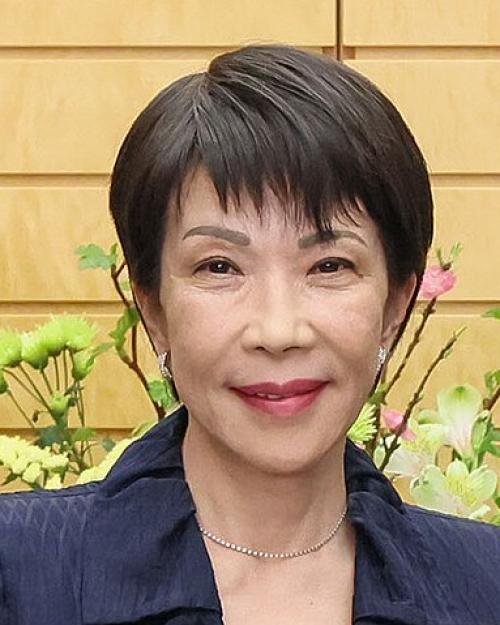On October 21, Sanae Takaichi was elected Japan’s first female prime minister, forming a coalition with the right-wing Japan Innovation Party to secure enough votes.
Kristin Roebuck, assistant professor of history at Cornell University, specializes in modern Japanese history with a particular focus on gender. She says Takaichi’s election may seem surprising in a country that ranked lowest among OECD nations in women’s political representation as recently as 2023, but it is not a victory for gender equality.
Roebuck says: “This election isn’t a triumph of feminist forces. Takaichi is a staunch conservative. She had to moderate her position to win the top job; critics held that she was too far right to unite a conservative coalition, let alone the country.
“Takaichi and other conservatives support what they claim are ‘traditional’ gender roles. Gay marriage? No way. She even opposes massively popular reforms such as allowing royal women to succeed to the Japanese throne — a prospect the vast majority of Japanese have supported for generations.
“Ironically, conservatives could frame such reform as a return to tradition – but they don’t. The very first Japanese monarch ever to use the title tenno — now translated as ‘emperor’ — was probably a woman. But female succession to the throne is illegal now, thanks to ruling conservatives like Takaichi.
“Neither Japan’s first ‘emperor’ nor women who took the title in later generations had any interest in building an egalitarian empire. So too with prime minister Takaichi. Far from signifying the ‘march of progress,’ Takaichi’s election reminds us that women can rule over highly unequal societies — and often desire to do so.”




